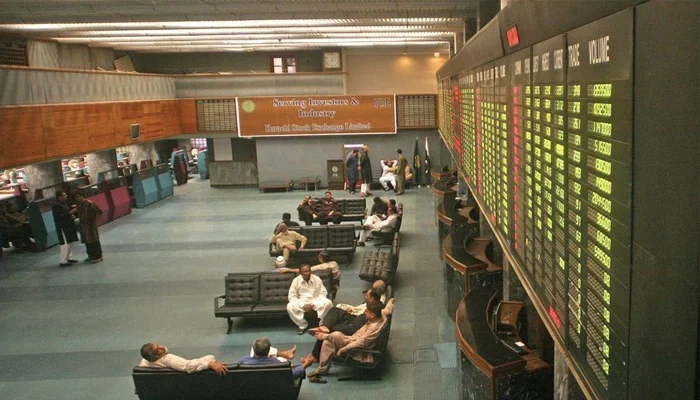HONG KONG, August 1(ABC): Asian markets were mixed Monday and oil fell as investors assessed data showing further weakness in China’s economy and comments from Federal Reserve officials showing it was wedded to its campaign of interest rate hikes to fight inflation.
A strong set of earnings from Wall Street titans Amazon and Apple helped US markets end last week with healthy gains and eased concerns about the impact on consumers of surging inflation and rising borrowing costs.
That came after investors took Fed chief Jerome Powell’s post-policy-meeting comments Wednesday as indicating the bank could start to slow down its pace of monetary tightening, providing a much-needed boost to stocks.
However, analysts warned that inflation would take time to come down from its four-decade highs and there were undoubtedly more rate hikes to come.
And officials backed that up at the weekend, with Minneapolis Fed chief Neel Kashkari telling the New York Times that he was “surprised by markets’ interpretation” of the latest Fed meeting statement.
“The committee is united in our determination to get inflation back down to two percent, and I think we’re going to continue to do what we need to do until we are convinced that inflation is well on its way back down to two percent — and we are a long way away from that.”
That came as Atlanta Fed president Raphael Bostic said he did not think the economy was in recession owing to ongoing jobs growth but that inflation remained too high and he was “convinced” more must be done.
Still, Treasuries continued to fall, with the 10-year yield at 2.67 percent, well down from June’s peak near 3.50 percent, suggesting expectations for future rates are easing.
Figures showing a second successive economic contraction in April-June put the United States in a technical recession but it is not officially considered so until identified as such by the National Bureau of Economic Research.
In early Asian trade, investors struggled to extend Wall Street’s lead, with Hong Kong and Shanghai suffering most after another disappointing reading on the Chinese economy.
The closely watched Purchasing Managers’ Index of manufacturing activity shrank in July on the back of weak demand and the strict zero-Covid measures imposed in parts of the country.

